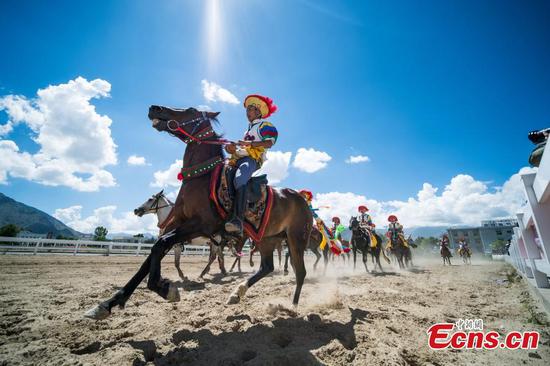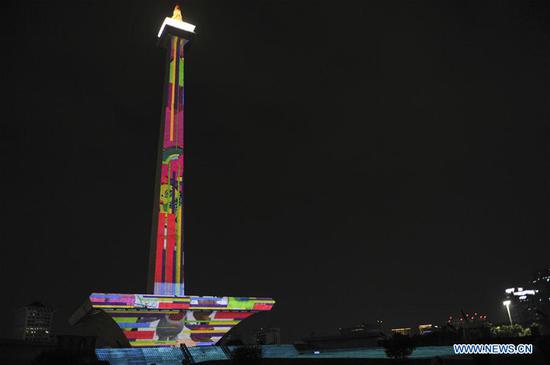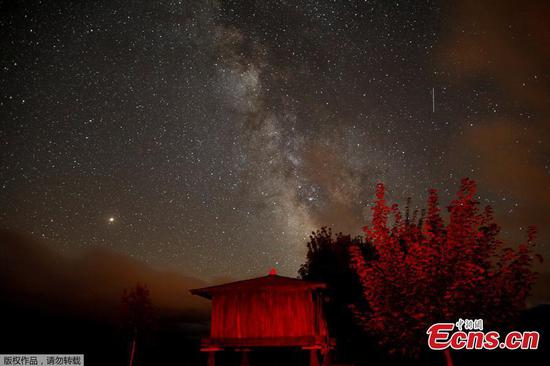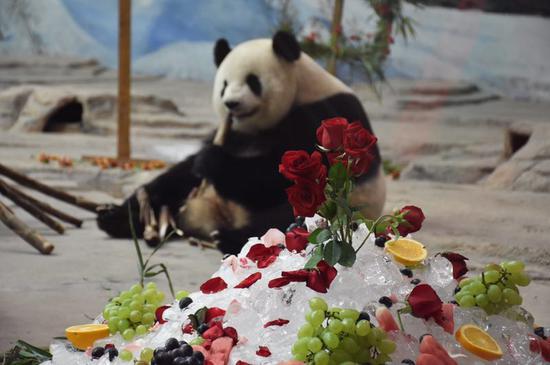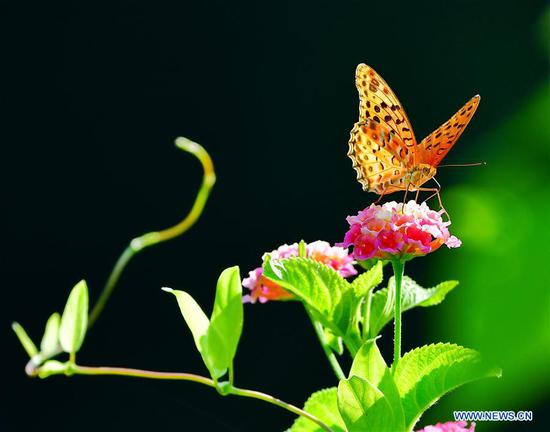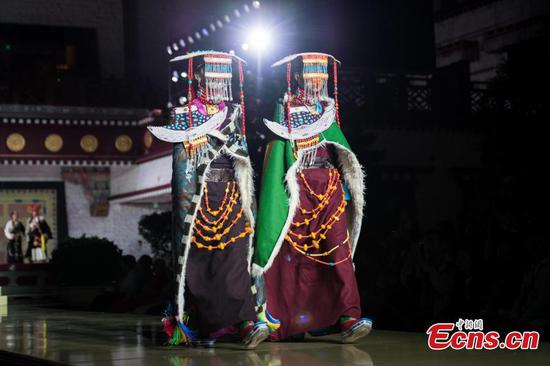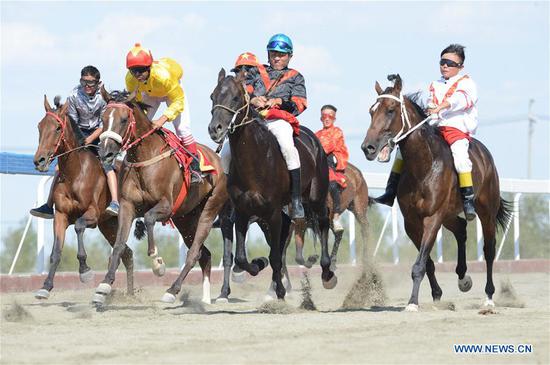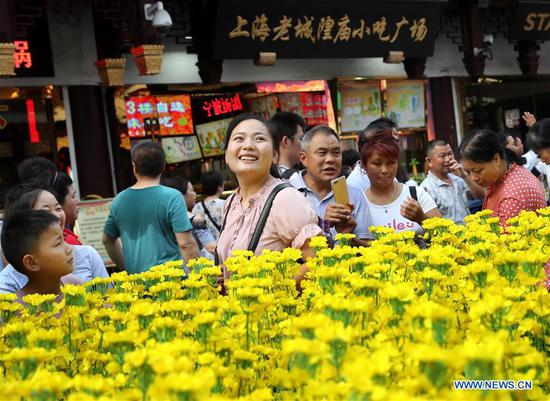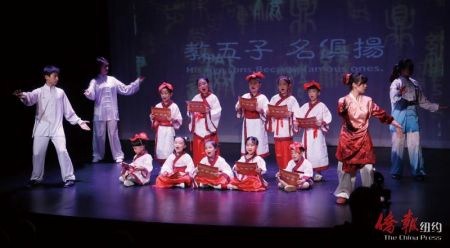
Children performing songs of the Chinese classic literary works on stage in New York /Photo via Guan Liming
Youth of China, the third album of a Chinese classical literary song trilogy, was released Monday at the UN headquarters in New York, the first working day after the International Youth Day that fell on Sunday.
The album was composed by You Jingbo, a Chinese American artistic director at the American National Music Center, and sang by Jing Mengtao, a vocal performance student at the University of the Arts, Philadelphia.
"We worked very hard and made sure that we see both Chinese and Western elements in this project," said You at the release ceremony, recalling their eight months of collaboration together.
He explained that the songs' lyrics are Chinese classical poetry, and their melodies are composed with traditional Chinese music notes, but their presentation styles are mostly Western, including rap, folk and R&B.
The 10 songs in the new album included Ospreys, a love poet from China's Book of Songs dating back to over 2,000 years ago, and Song of Mulan, a folk song about a female soldier in disguise of a man in North Wei (386-534 BC), whom the Disney cartoon Mulan was based on.
"A country's strength depends on the country's youth. I hope that, by sharing my appreciation and understanding of my culture, I can inspire and encourage more teenagers to embrace the beauty of their own culture," Jing said.
He also hopes to "help contribute in a small but meaningful way, the spreading of ancient Chinese civilization and legacy across an international platform."
Before making Youth of China, You recorded two other albums of Chinese classical literary songs, with their lyrics selected from Tang and Song Dynasties' poetry.
The three albums as a trilogy will be made available soon in about 180 countries around the world on digital music distribution platforms such as QQ Music, Kougou, Amazonmusic, Spotify and Deezer.
You hopes these songs could help promote Chinese classical literature education among the new generation of children, and that the Chinese immigrants around the world could relate to or resonate with these songs.
At the ceremony, the World Harmony Foundation presented the Award of World Youth Harmony Ambassador certificates to a group of Chinese music teachers and their pupils, who had put on a performance singing one of You's works, in recognition of their musical teaching or performance "in a way that spreads traditional Chinese music globally" and in celebrating the International Youth Day.












